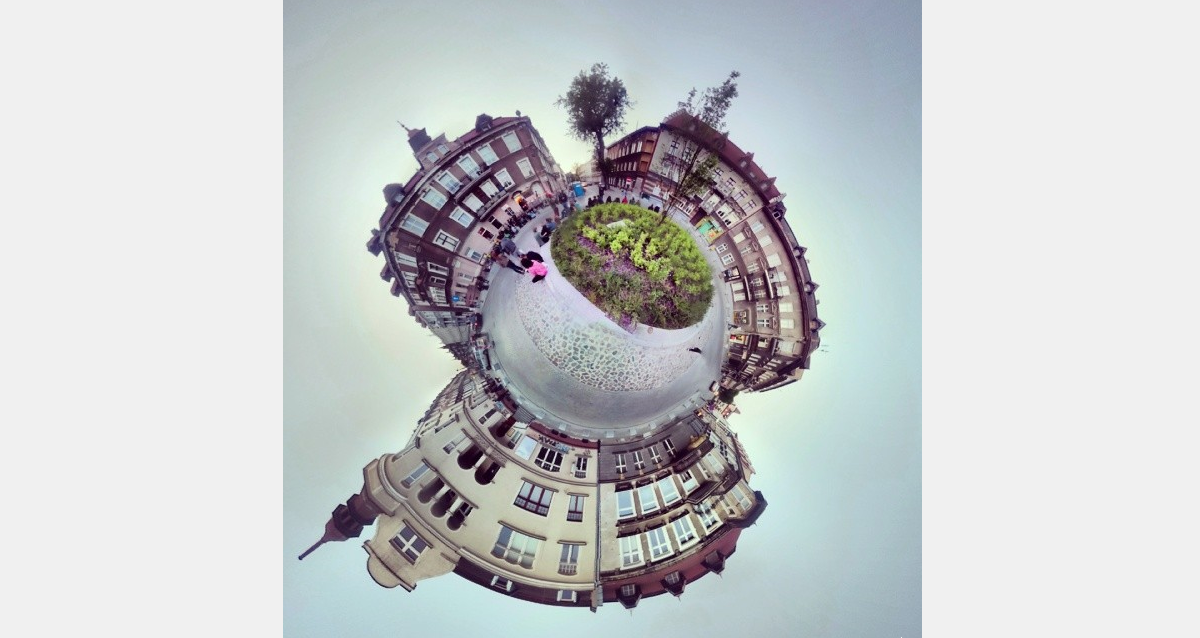Sharing urban space

Author of the photo: Marek Rzepiak
Title
Sharing urban space. Conceptions of the common good in Polish cities after socialism.
Founder
- National Science Centre (information about the project)
Timeframe
2015 – 2020
Engaged persons
products
- Grabkowska M., 2018, Urban space as a commons in print media discourse in Poland after 1989, Cities 71, 22-29.
- Grabkowska M., 2017, Urban space after socialism as a common good. An overview of theoretical concepts, Prace Geograficzne – Geographical Studies 149, 33-52. [PL]
Research project objectives
While cities are sites of both individuality and collectivity, the resulting dualism translates into contradictory processes. On the one hand, city dwellers are inclined to adopt egoistic and self-concerned attitudes, while on the other, there is an opposite tendency with common interests secured and celebrated through common actions for the common sake. Adding to this complexity are the conflicting interests of other urban actors and the impact of neoliberal market forces. Urban space thus falls into the category of common good. The question which is rarely raised by researchers is how various urban stakeholders interpret and exercise the notion of the common good, considering that different users of the city, such as inhabitants, entrepreneurs, decision-makers, tend to employ the idea of commonality according to their own grasps and needs and their motivations are often intricate. To know these underpinnings would help to better understand the socio-spatial dynamics of urban areas and the conditions of their resilience. Since the problem is quite timely and, up to date, under-researched in Central and Eastern Europe, the project will focus on chosen post-socialist cities in Poland: Gdańsk, Kraków and Łódź, through a multiple case-study analysis. The project aims to investigate the features and rationales of the two conflictual forces concurrent in Polish cities: the ‘centrifugal’, tantamount to the increasing competition for urban space, and ‘centripetal’, equivalent of working together for the common good, while its main objective is to identify various conceptions of the city as a common good, according to various types of urban stakeholders. Moreover, it intends to reveal how the changes connected to the systemic transformation from state socialism to market-based economy affect the notion of the city’s commonality. Lastly, the relations between the varying conceptions will be examined to expose the mechanisms underlying formation of the common agenda out of individual and collective, public and private motives.
Research project methodology
The methodological approach is purely qualitative, involving an empirical two-step procedure. First, a discourse analysis of policy documents and media content will be undertaken, followed by semi-structured individual in-depth interviews with urban stakeholders: decision makers, planners, urban activists and inhabitants. The first method will serve to reveal predominant schemes and themes in bureaucratic and unofficial narratives. Its results will also provide a wide interpretative context and, determine the issues to be closely examined in the following step in which the conducted interviews will enable a closer study of individual definitions or understandings of the common good, the rationales, values and preferences that shape them and the ways in which it is practised and achieved (or not). A synthesis of both types of results will complete the procedure.
Research project impact
Considering the increasing challenges faced by the present-day cities it is highly necessary to investigate the proposed issues, which gather importance and, as yet, have been understudied, especially in the post-socialist context. Therefore, the attempt to fill the research gap may be seen as one of the project’s considerable advantages. Apart from the research topic’s novelty, the project is also pioneering in nature because of its empirical value, multiple case study approach and the use of a combination of qualitative methods, which altogether contribute to a comprehensive, holistic and in-depth study of the city-sharing principles and perspectives. Furthermore, there will be specific project outputs in the form of a book and two journal articles presenting the findings. Dissemination of the results among local policy makers may contribute to a better understanding of the bottom-up rationales, and on a more general level, to a better reconciliation of the conceptions of the common good in Polish cities.